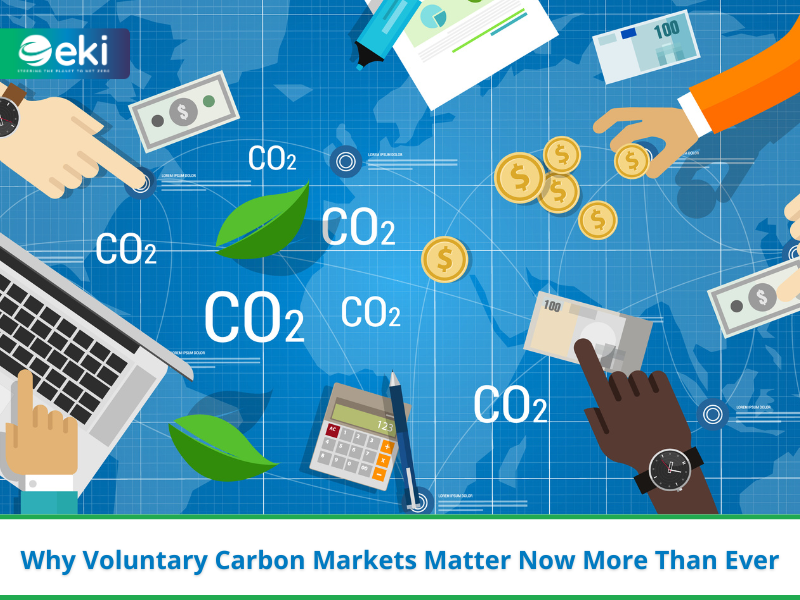The third most expensive year on record, more than $165 billion was spent in the United States due to climate and weather disasters, according to the National Oceanic and Atmospheric Administration (NOAA). This was also the year of El Nino and research published in the journal Science has warned that it might cause severe heat waves and droughts in several nations, including India, and damage caused to the world economy could touch $3 trillion.
Researchers from the universities of Oxford, Cambridge, Yale, and East Anglia examined how credit ratings (any country’s ability to repay its debt) would change if global temperatures rose by either two degrees or five degrees during this century.
Globally, according to the researchers, a two-degree rise in temperatures will result in an increase of $US45 billion to $US67 billion in annual interest on government debt. The interest bill will soar to between US$135 billion and US$203 billion if temperatures rise by five degrees. The world is grappling with the severe and multifaceted impacts of climate change, and the economic toll it exacts is becoming increasingly undeniable.
Climate change is no longer a distant threat—it’s a current reality that is reshaping economies, industries, and societies worldwide. The economic costs of climate change are diverse and substantial, ranging from direct damages to infrastructure and assets to the long-term disruptions of essential sectors.
Direct Economic Impacts
Among the most evident economic consequences of climate change are the escalating frequency and intensity of extreme weather events. Hurricanes, droughts, floods, and wildfires have catastrophic implications, resulting in billions of dollars in damages and disruptions to livelihoods.
The costs associated with recovery and rebuilding after such events are staggering, diverting resources away from investments in productive endeavors. For instance, the aftermath of Hurricane Katrina in 2005 resulted in damages exceeding $125 billion, with long-lasting economic repercussions.
The agricultural sector, a backbone of many economies, is profoundly vulnerable to climate fluctuations. Alterations in temperature and precipitation patterns can jeopardize crop yields, leading to food scarcity and price volatility. These disruptions not only endanger food security but also strain economies heavily dependent on agriculture.
Indirect Economic Impacts
Climate change also triggers indirect economic consequences that ripple through interconnected industries. Rising sea levels and escalating temperatures endanger coastal cities and infrastructure, influencing real estate values and tourism, subsequently impacting local economies. Furthermore, disruptions in global supply chains can emerge from extreme weather events that disrupt transportation and production.
Healthcare systems bear amplified burdens due to climate change. Heatwaves exacerbate heat-related illnesses, while shifts in disease vectors can expand the geographic range of diseases like malaria and dengue fever. The amplified healthcare costs and diminished productivity resulting from these health impacts place additional financial stress on economies.
Energy sectors are uniquely susceptible to the impacts of climate change. Changing weather patterns can disrupt energy generation and distribution systems, leading to power outages and elevated energy expenses. Simultaneously, transitioning to cleaner energy sources is imperative for climate mitigation, but it necessitates substantial investments in infrastructure and technology.
Importance of Climate Action and Carbon Neutrality
As the economic repercussions of climate change intensify, the importance of climate action and the pursuit of carbon neutrality becomes unequivocal. Delaying action only escalates the damages and costs associated with mitigation and adaptation endeavors. Transitioning to a low-carbon economy is not just a requirement—it presents an opportunity to generate sustainable employment, foster innovation, and develop new technologies.
Mitigating climate change entails reducing greenhouse gas emissions through policies and practices that encourage energy efficiency, the adoption of renewable energy sources, and sustainable land utilization. Additionally, embracing adaptation strategies is vital to cultivate resilience against the inevitable impacts of climate change. These strategies involve investing in infrastructure capable of withstanding extreme weather events, promoting sustainable agricultural practices, and enhancing healthcare systems’ preparedness for climate-related health challenges.
The Role of International Agreements
International agreements like the Paris Agreement play a pivotal role in rallying nations to collectively combat climate change. The Paris Agreement’s objective to limit global warming to well below 2 degrees Celsius above pre-industrial levels signifies a significant step towards averting the most severe consequences of climate change.
The commitment of countries to establish their own nationally determined contributions (NDCs) underscores the global willingness to take action. Carbon offsetting as a concept started getting adopted at an accelerated rate after the Paris Agreement and various other reports and agreements calling for cutting emissions, as more and more companies realized the responsibilities and also owing to public awareness.
The International Solar Alliance (ISA), an action-oriented, member-driven, collaborative platform for increased deployment of solar energy technologies as a means of bringing energy access, guaranteeing energy security, and accelerating energy transition in its member countries, has also played a significant role.
The Bitter Truth
The economic costs of climate change are extensive and far-reaching, affecting virtually every facet of human existence and the natural environment. From the direct destruction of infrastructure to the indirect disruption of vital industries, climate change poses an imminent and unmistakable threat to economies worldwide. Urgent climate action and the pursuit of carbon neutrality are not merely ethical imperatives—they are pragmatic necessities.
Transitioning to a sustainable future through mitigation and adaptation strategies holds the potential to cultivate resilient economies, safeguard livelihoods, and preserve our planet for generations to come.
The economic toll of inaction far surpasses the costs of proactive measures taken today. It’s time for a unified commitment to secure a safer, more prosperous, and sustainable future.










